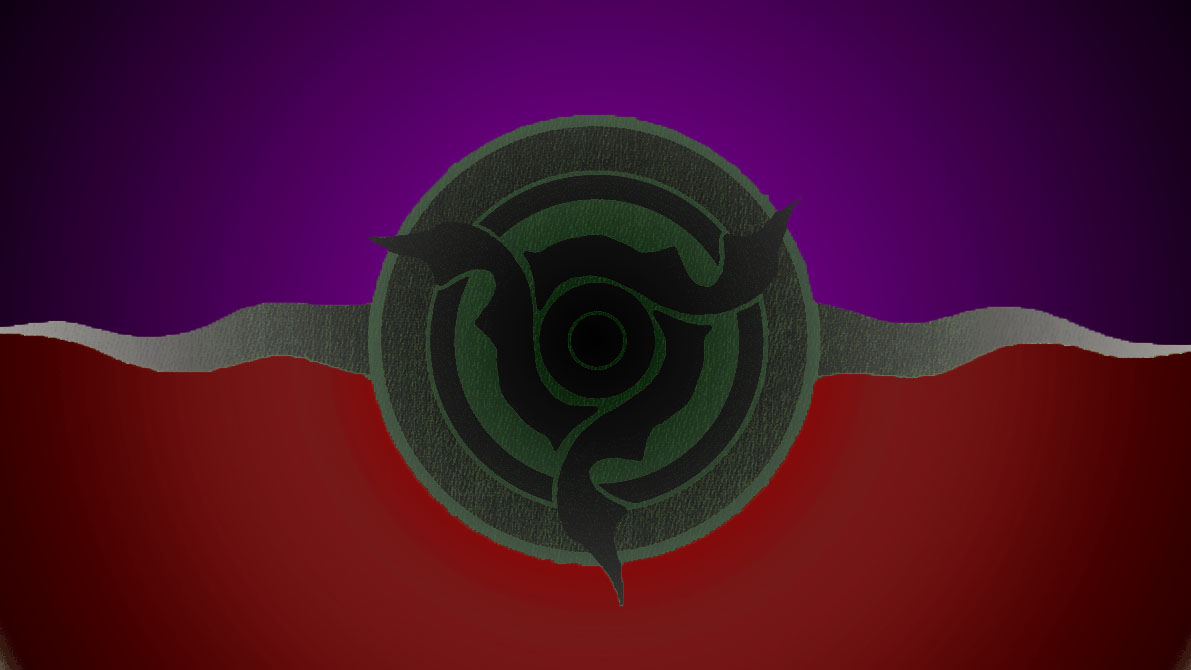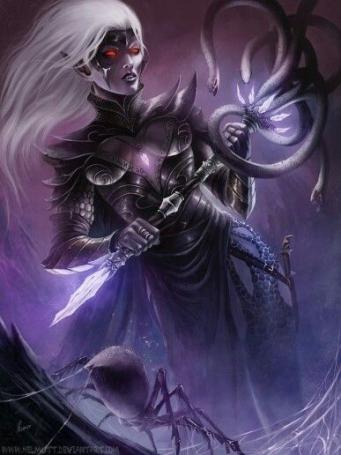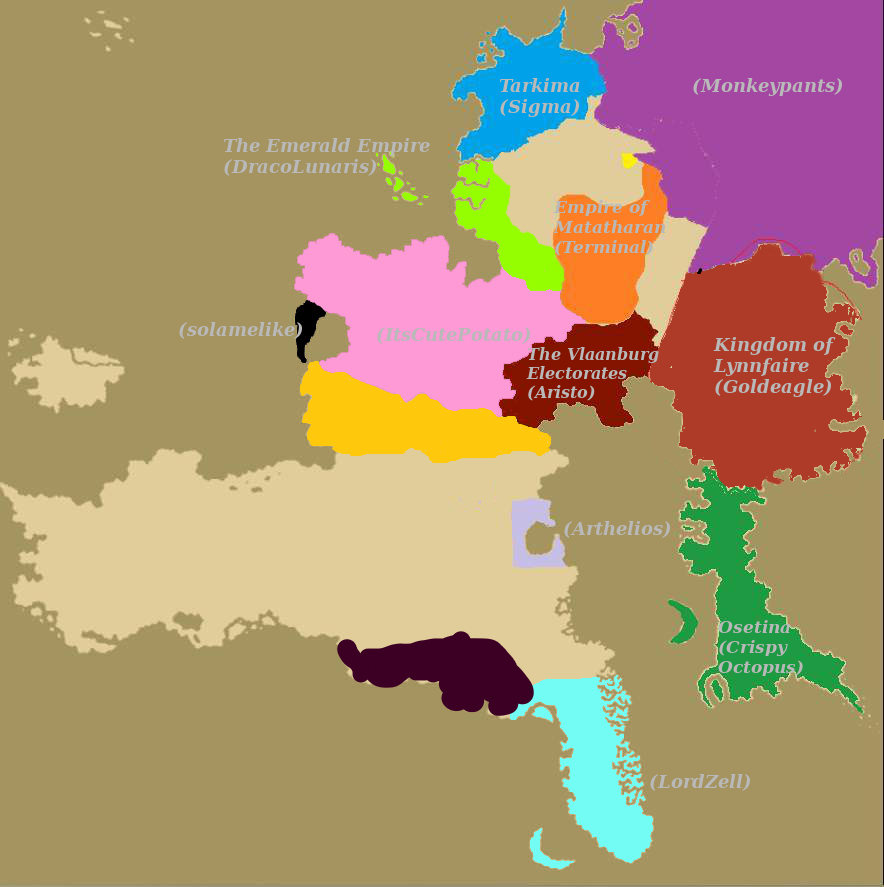The Merciless Hosts
The drow of Ravinkra have a saying regarding the waging of war.
“If you allow the enemy to strike back; the first battle is already lost.” The drow don't believe in massive, overt confrontations, with soldier meeting soldier on the field of battle, arrows, and spells flashing by overhead as spear meets shield and sword meets sword. They’ll fight that way if they must, but they greatly prefer tactics that involve stealth, surprise, multipronged assaults, or sabotage—anything that allows them to win a battle before the foe has an opportunity to retaliate.
Almost all drow of Ravinkra learn the basics of combat during their schooling—the better to survive in their violent society—but only a few of them study warfare, strategy, and tactics to a professional degree. The drow instinct for self-preservation discourages them from becoming career soldiers, so those who do are valuable commodities: Many obtain surprising amounts of influence with a house or the church, or make a good living as mercenaries. Military officers train not only in standard tactics of siege and battlefield confrontation, but in techniques of covert troop movement, counterintelligence, and diversionary tactics (up to and including the sacrifice of one’s own personnel).
Ravinkra tactics involve mundane weapons and magic in equal measure. Their strategies usually involve small, carefully placed strike teams.These highly skilled units carry out assassination or sabotage, and often reduce or eliminate the need for a larger force. When drow do wage war, they focus their might primarily on the opposition’s officers and rulers, making every effort to behead the opposing leadership and thus render the army ineffectual. Barring that, they target supply lines or poison food stores, resorting to direct confrontation only when all else has failed.
The Merciless Host of Ravinkra, the '
allied' household troops of each of the dominant Houses of the under-empire, prefer to be the aggressors in any military action, and their strategies are designed with an offense in mind. When faced with an attacking force, they still attempt to make use of smaller groups as described above, but they are far more likely to field a large force of troops—if only to delay the advance while their operatives work, or while the Merciless Host's leaders retreat to safer, better-hidden locations. Some drow fortresses have no viable mundane entrance and require magic to access. Although this method of construction makes supplying the fortress difficult, many drow have found the effort worthwhile when an enemy proved incapable of breaking in.
The most significant problem the drow have with fighting a defensive battle, as opposed to an offensive one, is determining who is in command of the war effort. The Ravinkra Houses do not have standing armies that answer to the community itself; all military forces belong to a house, the priesthood, or other private factions. Most drow attacks are launched by a specific house, or at the instigation of the church, and thus have a clear chain of command. Conversely, more than one Ravinkra city has fallen to aggressors because local houses could not cooperate sufficiently to coordinate their soldiers, even in the face of outside invasion.
TacticsAs mentioned above, The Merciless Host avoids direct confrontation when they can. They prefer lightning raids, ambushes, sabotage, and assassination to battlefield combat. In their eyes, the best battle is not merely one in which they were victorious, but in which the enemy never had a chance to strike back. Two primary factors drive this philosophy, which is common to almost all drow military minds despite the race’s individualistic nature. First, these techniques allow the drow a far greater chance of victory.
Like all elves, Ravinkra drow lack the physical hardiness and constitution of other races. They tire more swiftly, and they can be slain more easily. Assuming equal skill and equal numbers, the drow is at a disadvantage in a drawn-out, straightforward melee. Also, their tendency to use smoke bombs and commit to night time raids allows them to sow chaos and confusion, opening up the perfect opportunity to launch a surprise assault, and their natural night-sight combined with their heightened dexterity makes sniping a most attractive option.
The second and more influential factor is the drow instinct for self-preservation. Every enemy that is cut down without the chance to strike back means one less blade, bow, or spell that might take the life of a drow. The drow are not necessarily cowards, but they are utterly and ruthlessly pragmatic. The notion of honorable combat or a fair fight is alien to most of them, and those who have been introduced to the concept find it both repellent and foolish.
Any tactic that offers the Merciless Hosts a chance at victory with minimal danger to themselves is worth considering, no matter how brutal, horrific, or convoluted it might be. And, as always, although a commander would rather sacrifice her non-drow minions than other drow, she happily sacrifices other drow to protect her own life.
Blitz Attacks and Swift Retreats: Whether it’s a lightning raid on a surface town, a group assassination, or an unavoidable direct battle, Ravinkra prefers to strike hard, strike fast, and then vanish. Prolonged confrontation is the worst possible military situation for the Merciless Host. When possible, they have specific goals laid out in advance often assigning objectives to individual operatives and groups—and they remain on the field only as long as they must accomplish those goals, or until it becomes clear that they cannot.
At least, this is the theory. In practice, the pride and arrogance of many drow prevent them from declaring an operation a failure and aborting when they should, leading to precisely the sort of prolonged battle they wished to avoid. Wise and experienced drow, however, know that their best bet is to attempt to crush the opposition with a single overwhelming or strategically placed strike, and then withdraw whether or not they succeeded. It is during these retreats, either when an objective has been achieved, or the drow commander has decided an attack has failed, that many of the non-drow soldiers are sacrificed.
Ravinkra officers frequently order units to remain behind and continue fighting, as if they were still working toward a particular goal. This tactic not only covers the escape of the officers, it often prevents the enemy from realizing that the battle, so far as the drow are concerned, has ended. As the drow see it, military and political assassination is just another form of this “quick strike” philosophy. Remove an enemy’s command structure, and you’ve removed his ability to mount a coordinated war effort. The Merciless Host makes every attempt to identify enemy leaders, and they deliberately target them both in combat and for assassination off the battlefield.
The Merciless Hosts The armies of Ravinkra, as mentioned before, are created from a coalition of the Major Houses of the five cities. The Merciless Hosts usually are divided down into banners under the matron of each family. They, in turn, answer only to the Favored Daughter of Nemesis currently in power.
Ravinkra Housetroops: Ravinkra warriors form the core of these drow armies, being composed mostly of civilian volunteers and conscripts. The drow are still a reasonably militant race having descended from the noble people of Xil’etha. As many are raised from birth as soldiers and raiders, learning early on in their lives that they have only that which they can take.
Minions: The drow prefer to let others do their fighting for them, and the average Merciless Hosts consists of only a few actual drow in officer and special operative positions. The remainder is composed of minions, hired soldiers, and slaves, from orcs, goblins, kobolds to humans. The drow make use of these meatshields primarily as foot soldiers to overwhelm the enemy, and as disposable fodder to absorb arrows, spells, and attacks that might otherwise threaten the drow themselves. The people of Ravinkra respect a military mind skilled enough to return with the majority of her army intact, but no particular stigma is attached to losing many or even most of one’s non-drow soldiers. Throwing them away unnecessarily is considered wasteful, but no more so than disposing of ammunition or other supplies.




